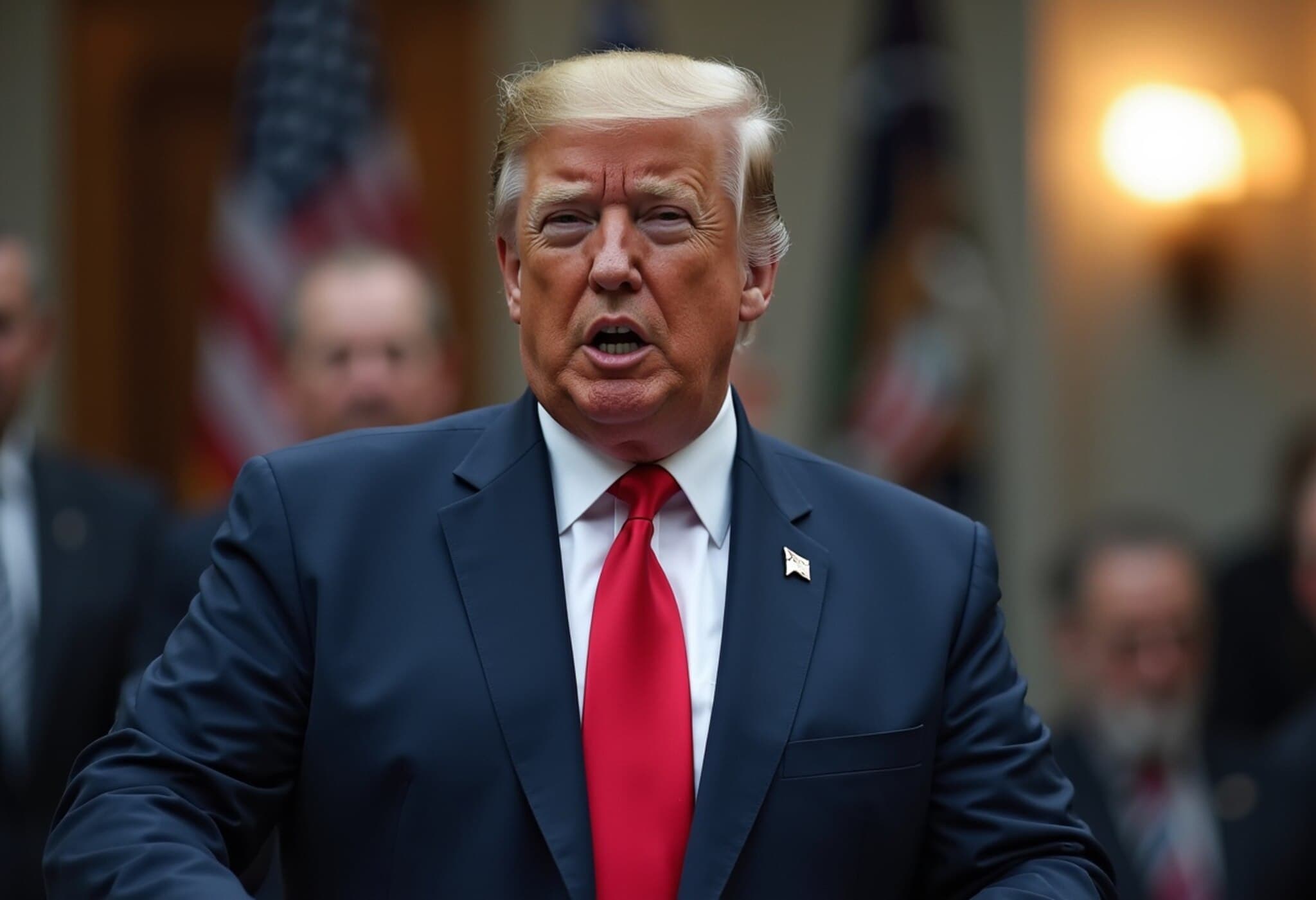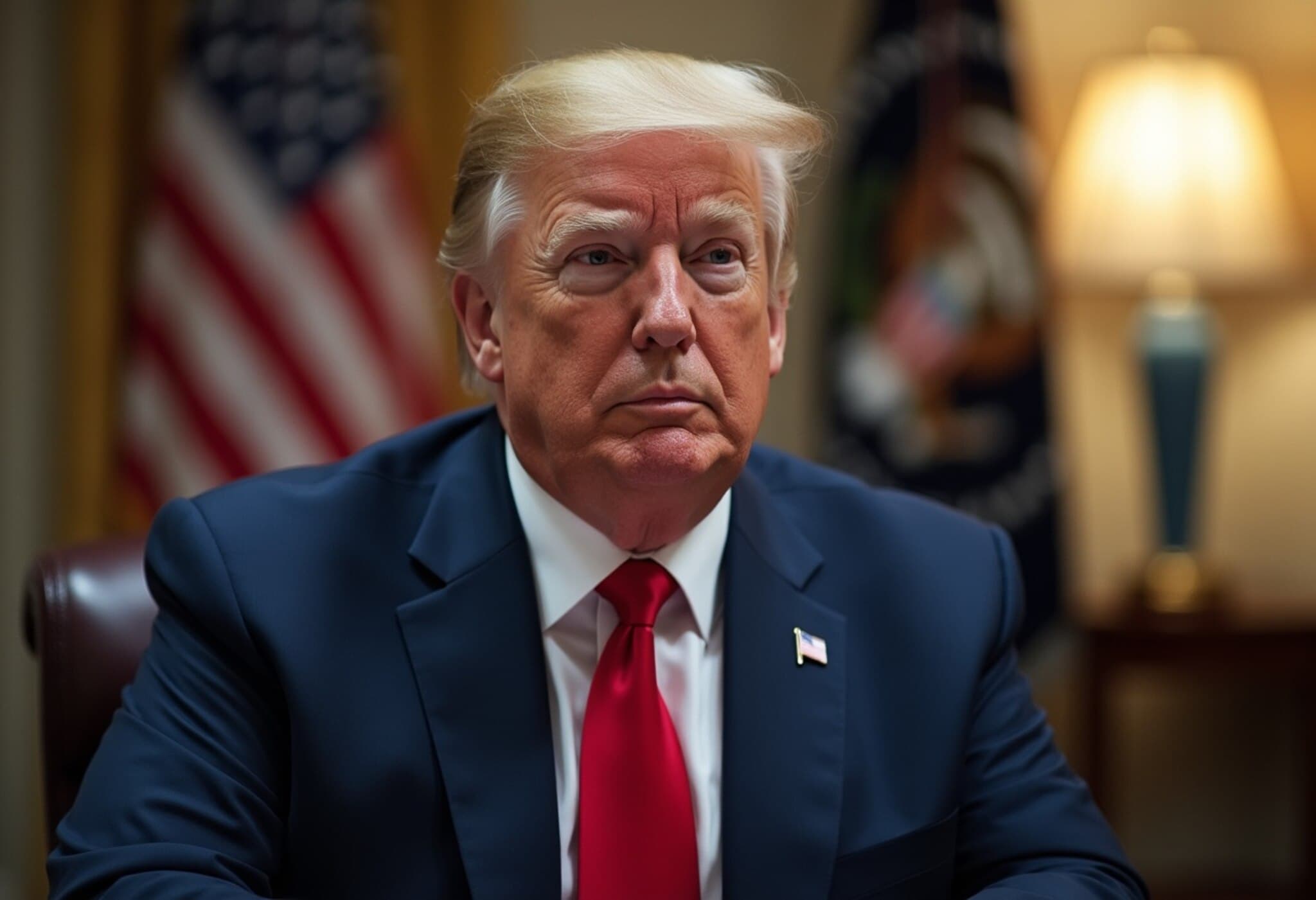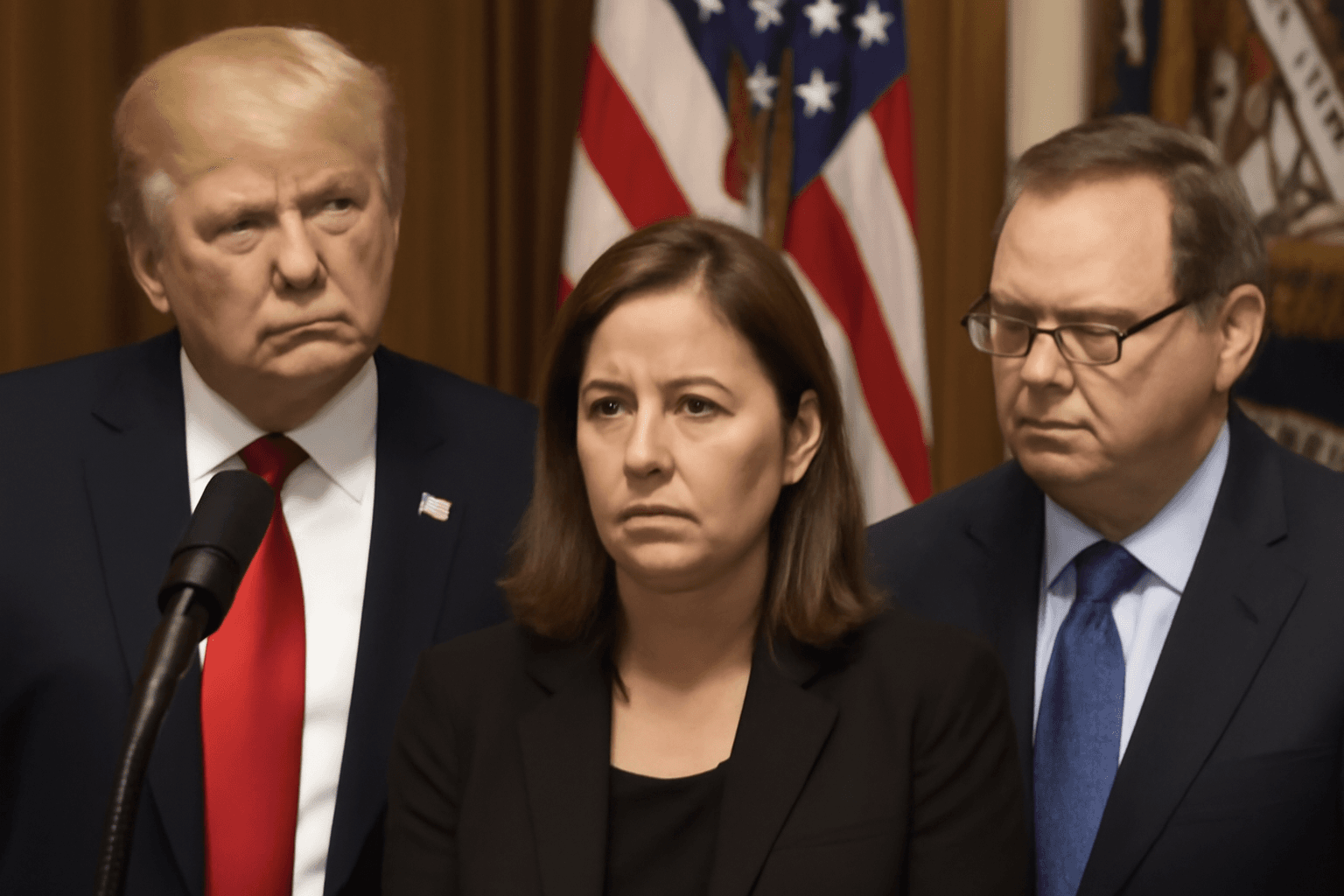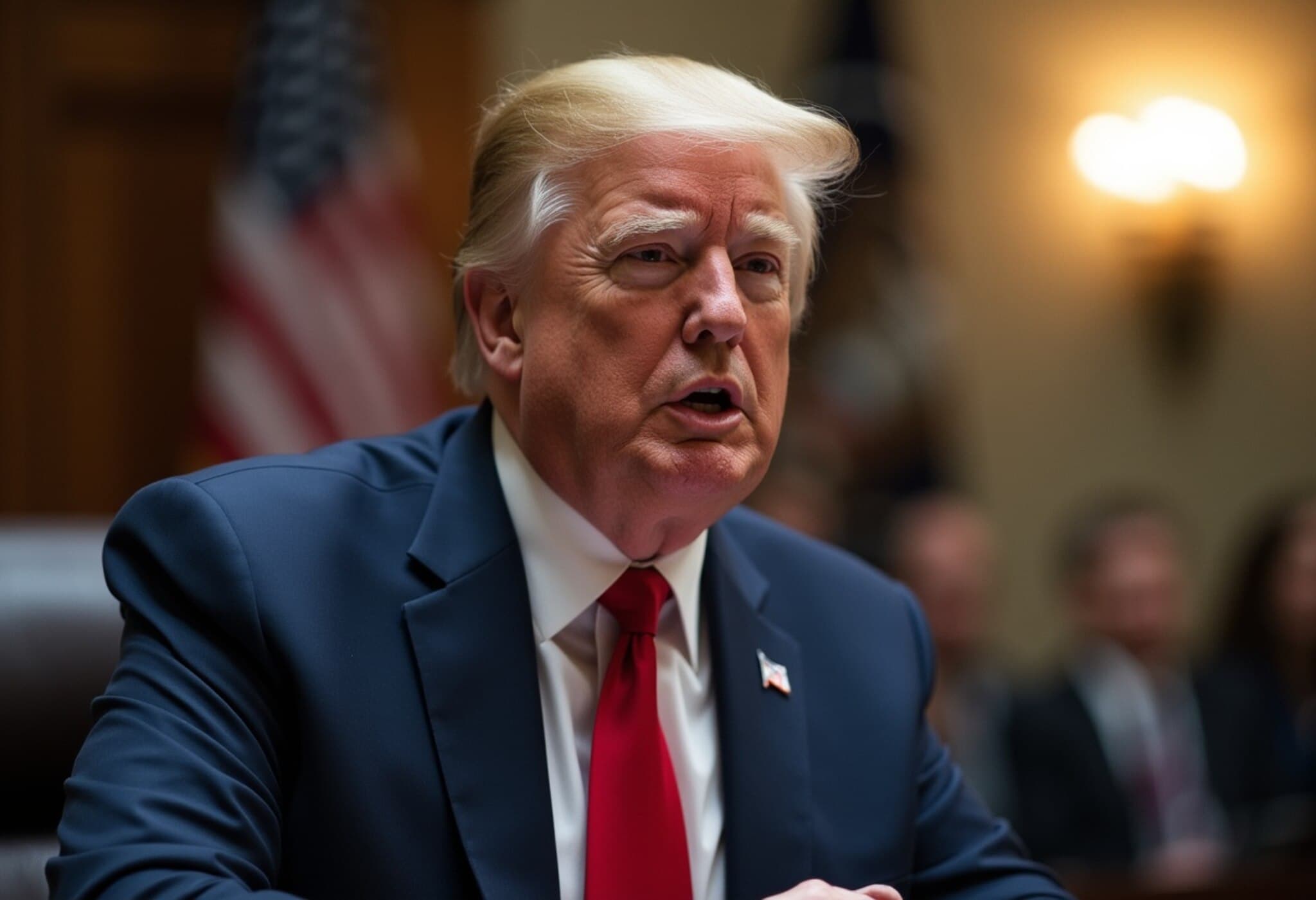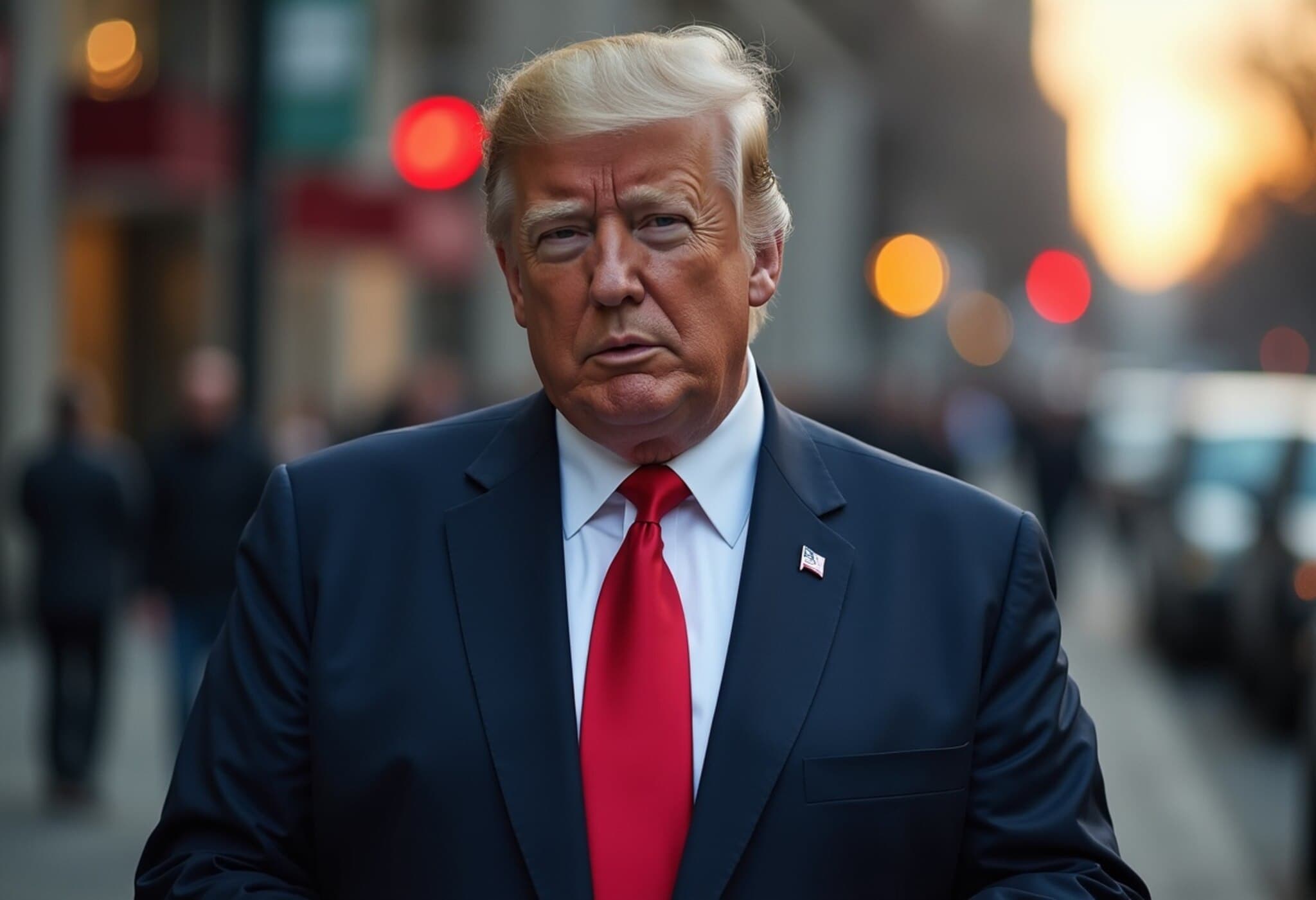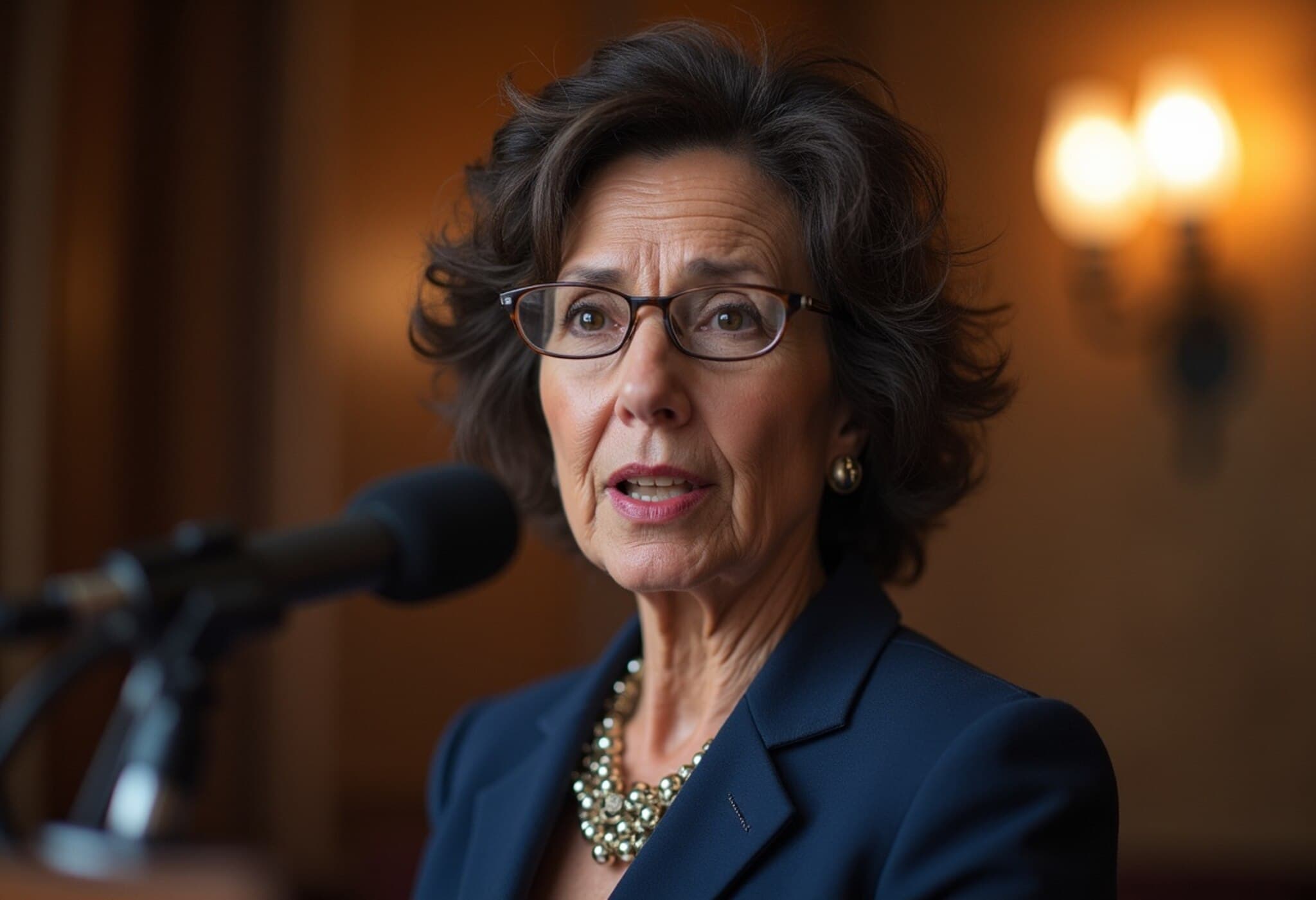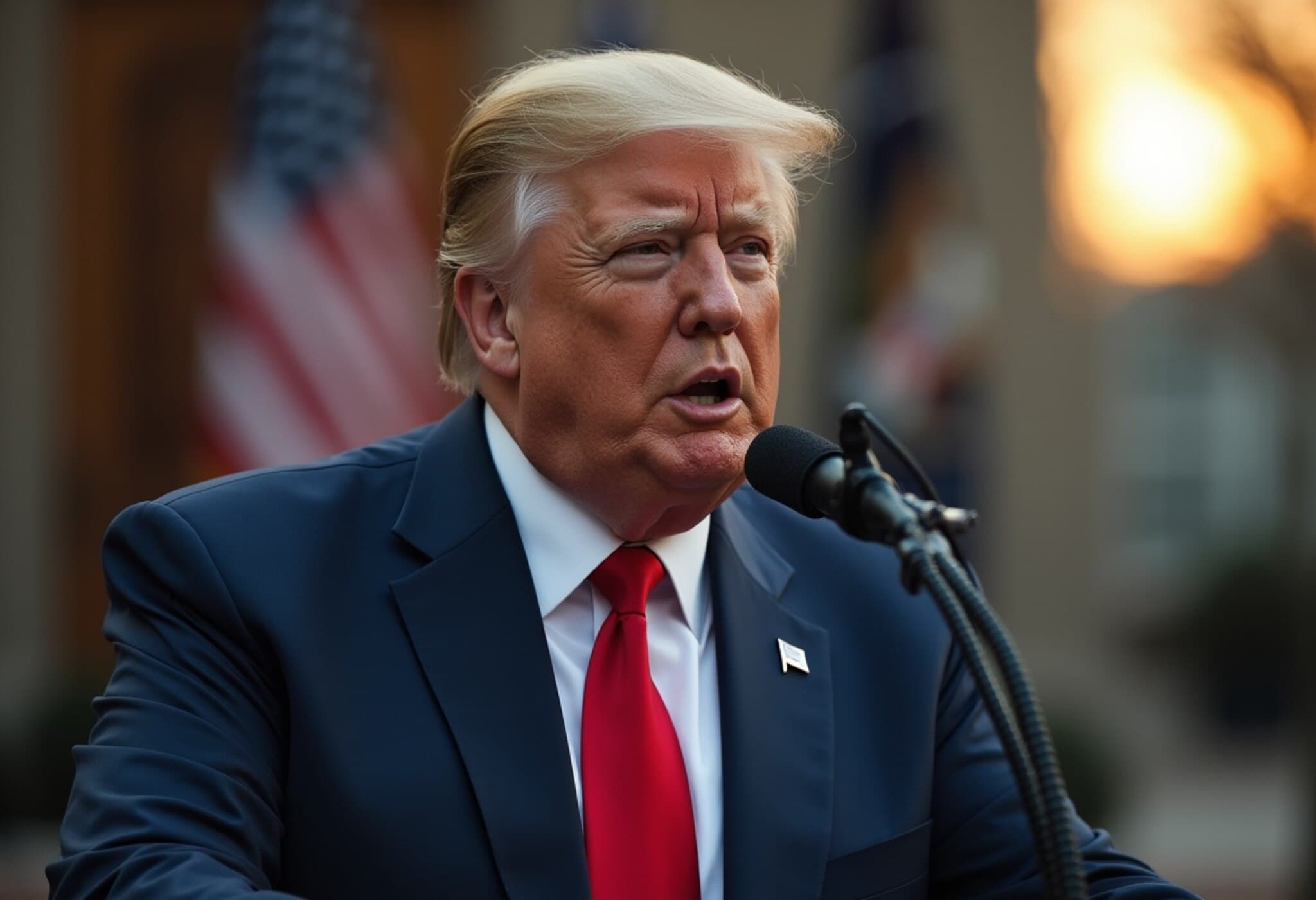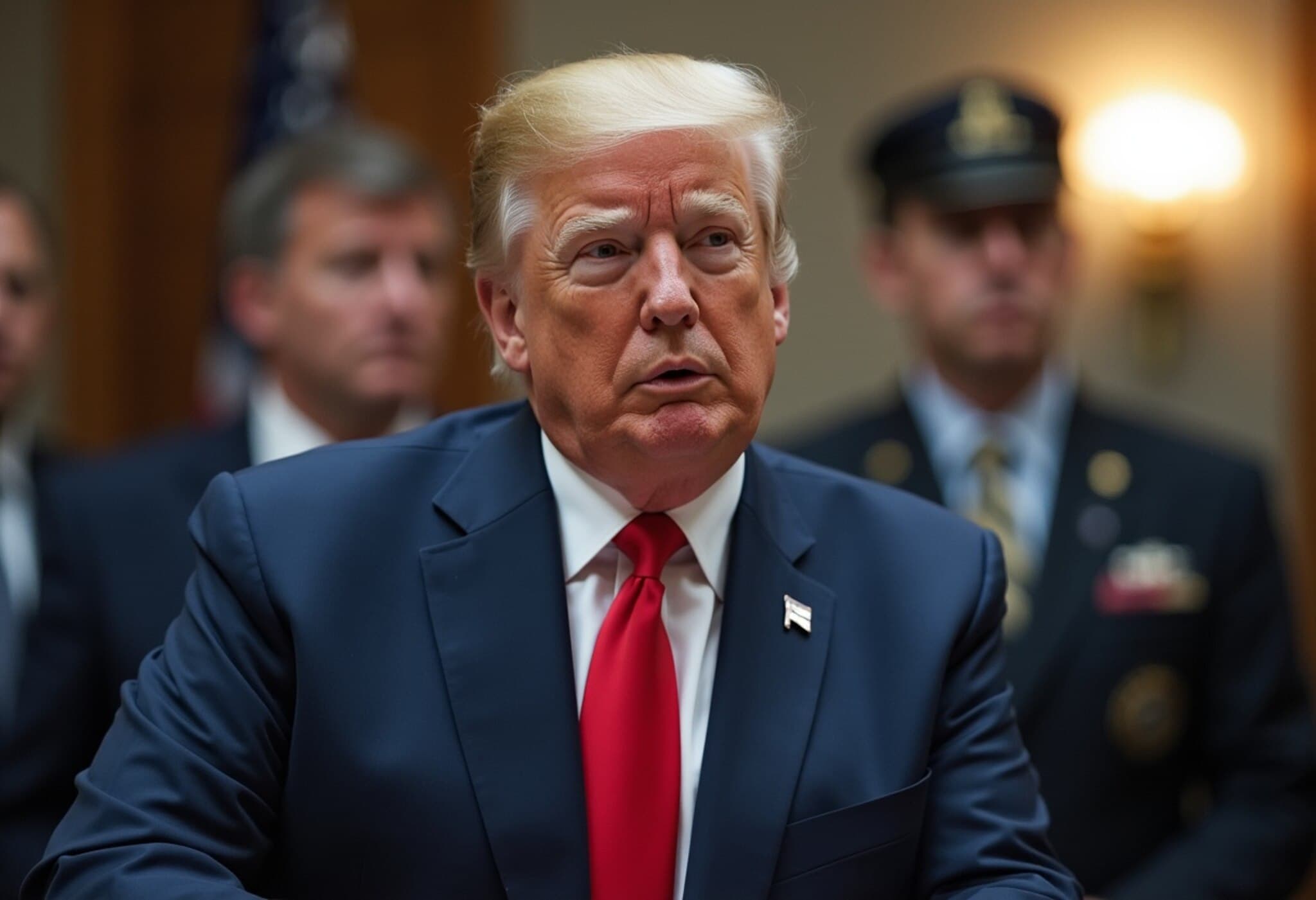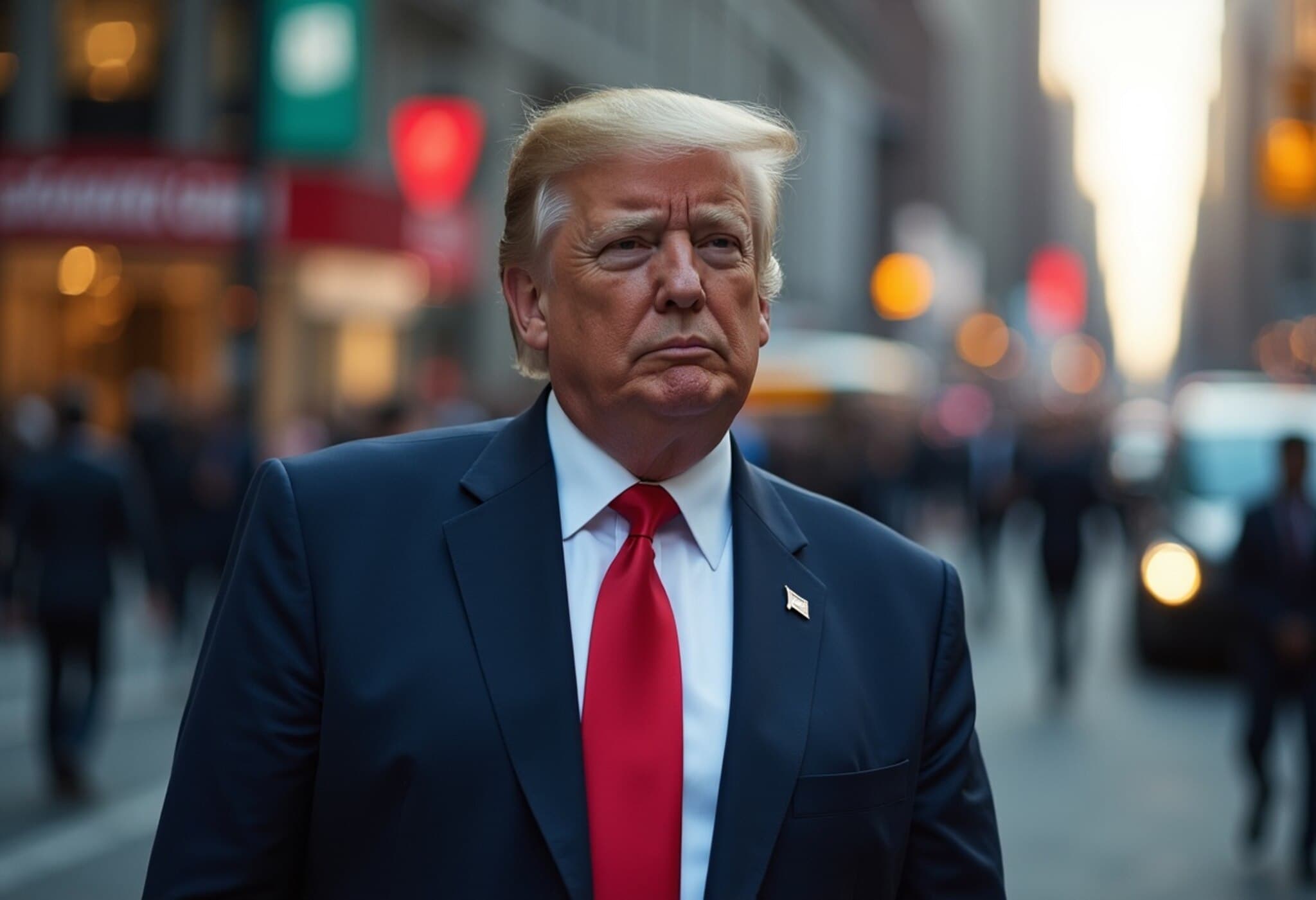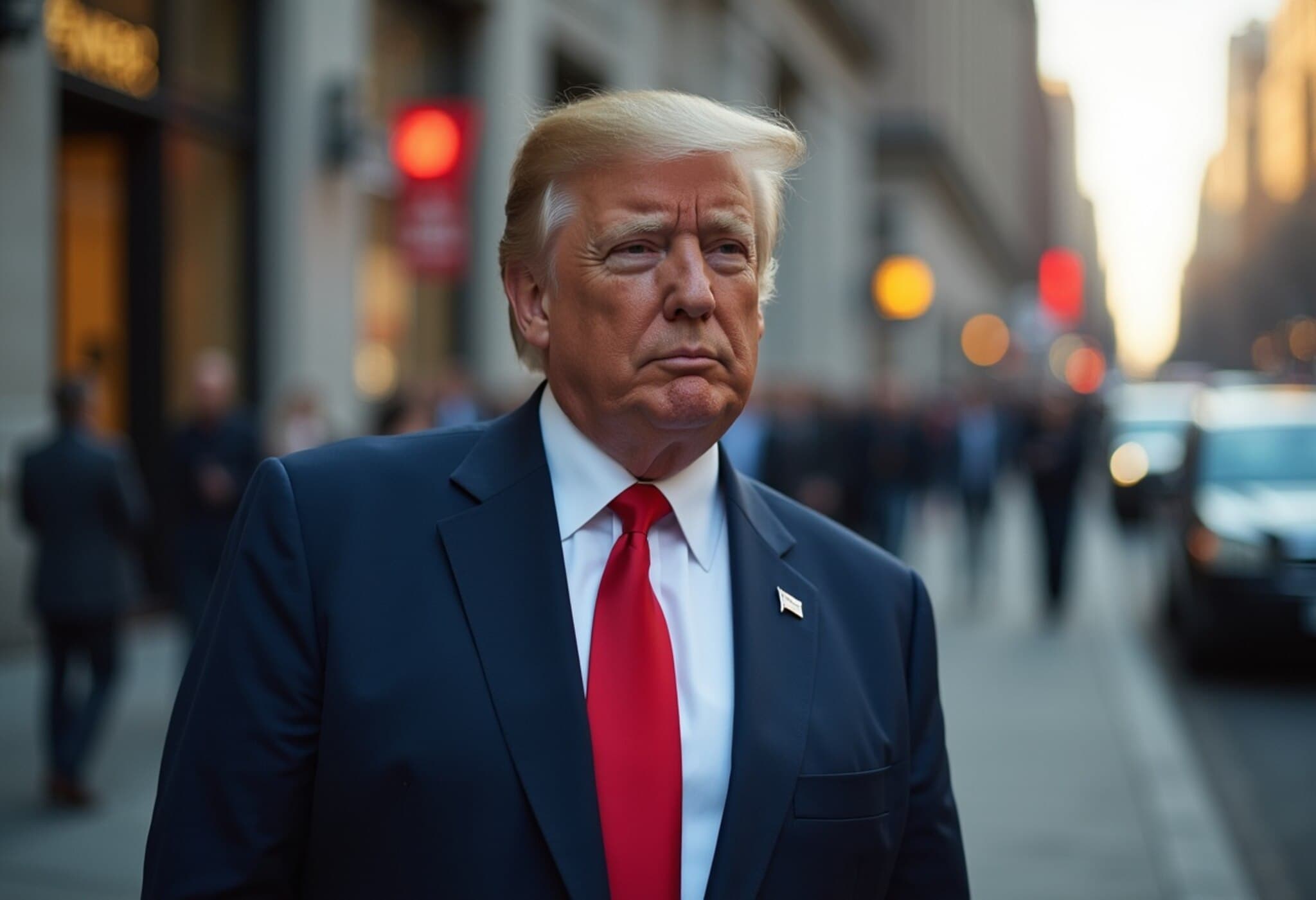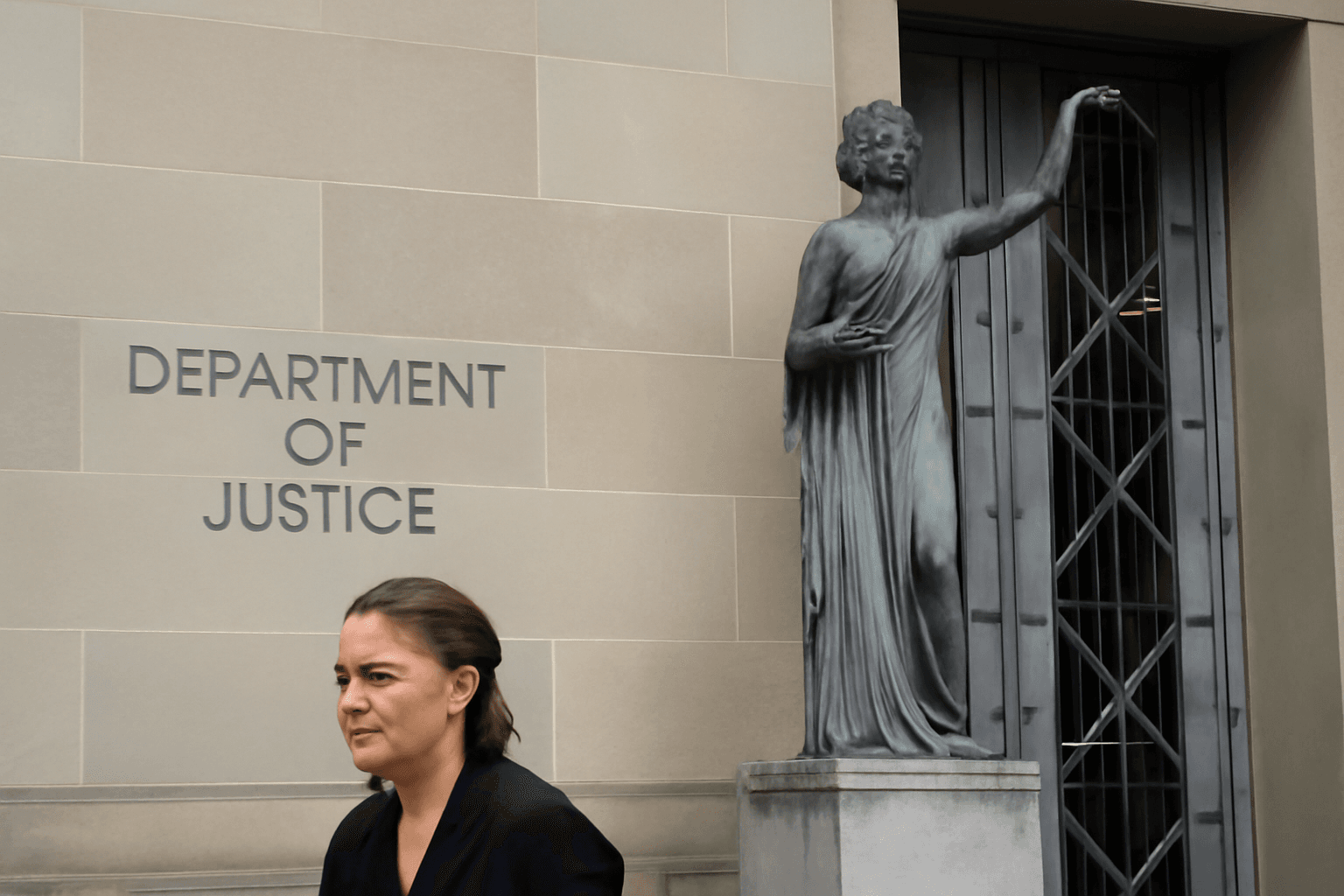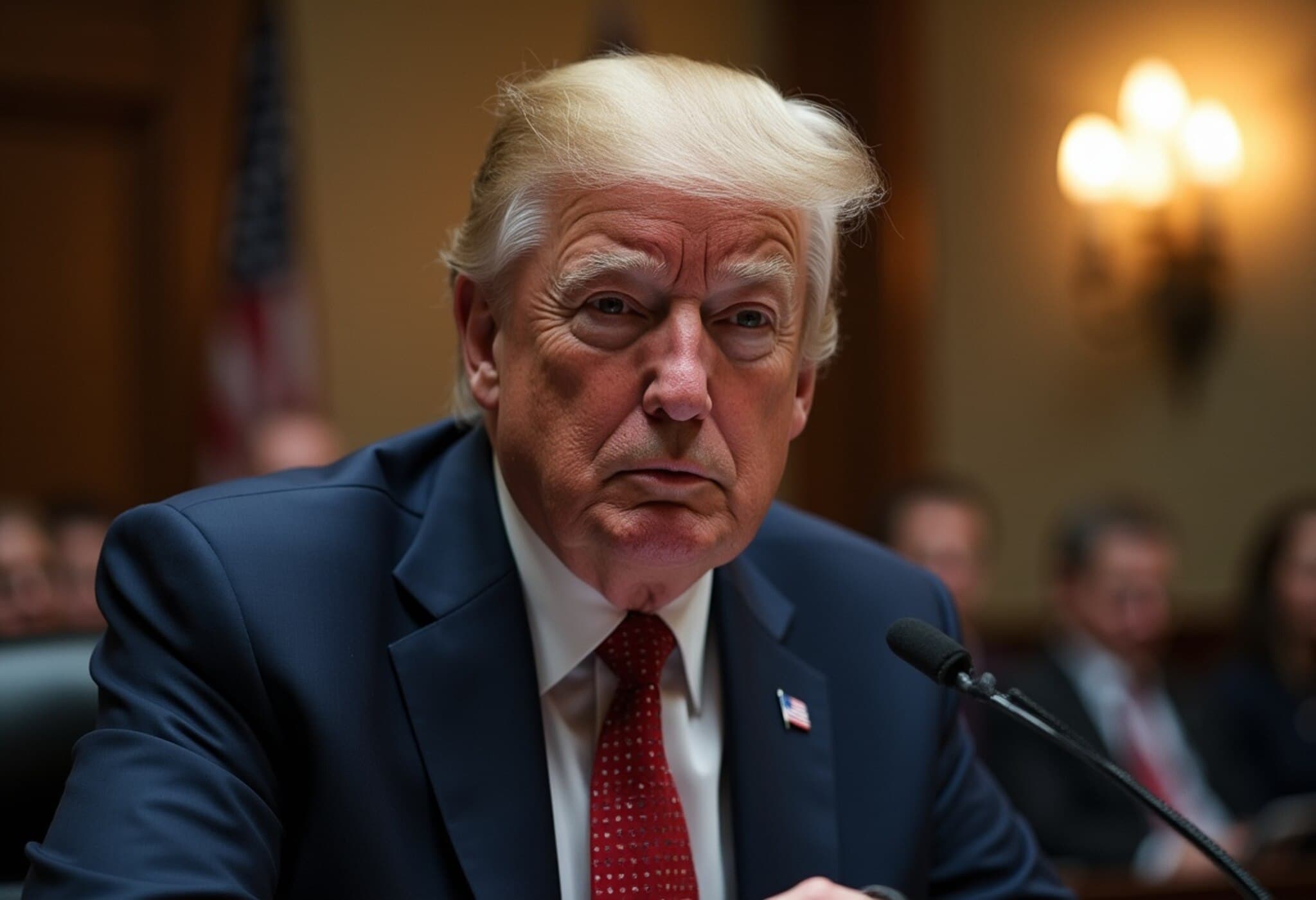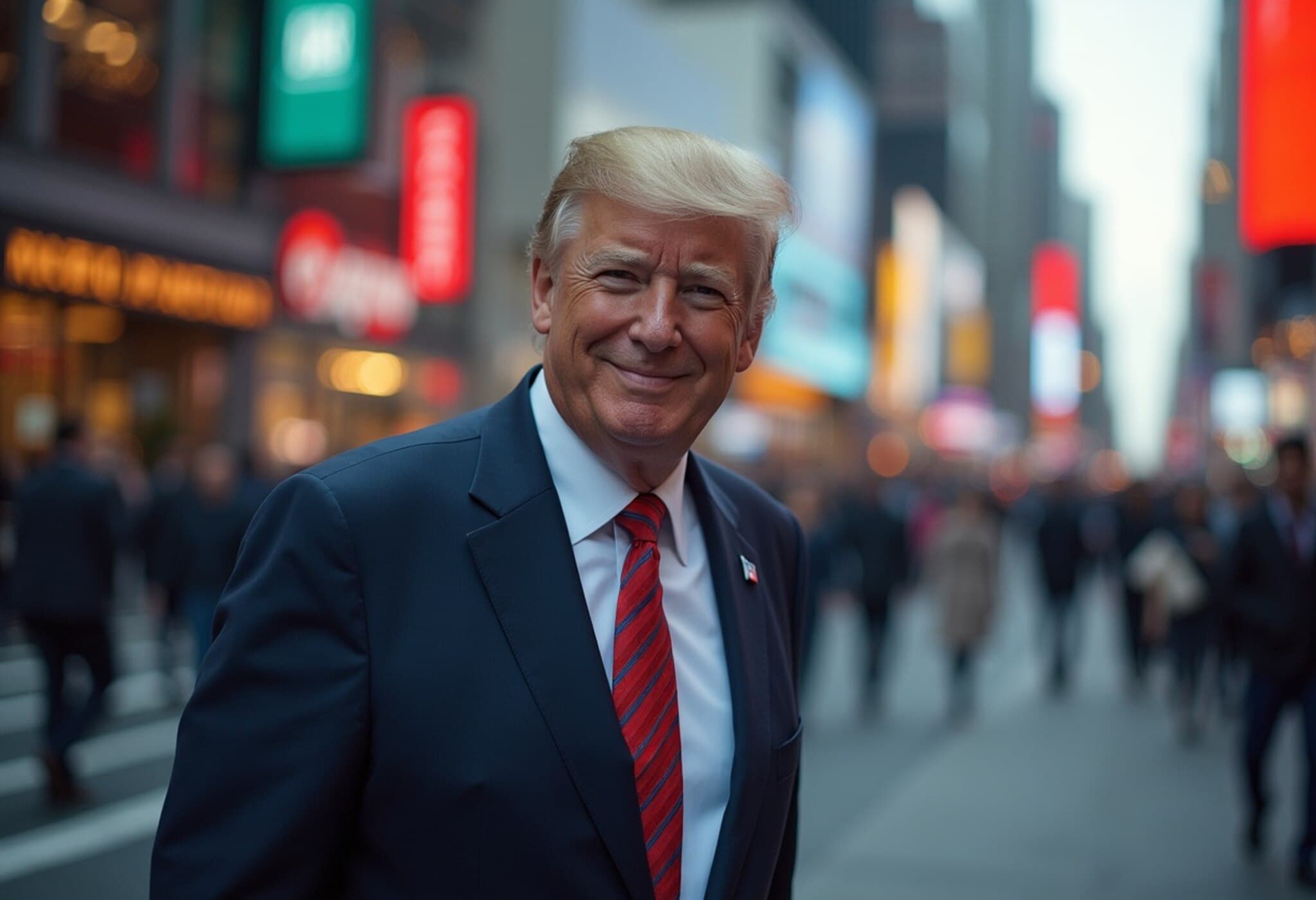Trump Challenges Federal Job Data, Justifies Firing of Labor Stats Chief
On August 8, 2025, former President Donald Trump publicly questioned the integrity of U.S. labor statistics, accusing the Bureau of Labor Statistics (BLS) of manipulating job growth figures to favor the previous administration. This allegation accompanied his recent decision to dismiss Erika McEntarfer, the BLS commissioner, after a series of downward revisions in reported employment numbers.
Setting: A High-Stakes Announcement in the Oval Office
Reactions and Context: Understanding the Data Revisions
The BLS regularly updates employment statistics after their initial release, adjusting them based on improved information from surveys, census updates, and economic indicators. In early August 2025, the bureau reduced its preliminary job growth estimates for May and June by a substantial 258,000 fewer jobs than initially reported. While such revisions are standard practice, the scale of these corrections ignited political controversy.
Trump expressed frustration, stating, "We had no confidence. I mean the numbers were ridiculous," explaining his rationale for dismissing McEntarfer, who had taken office in January 2024. His decision drew both bipartisan attention and investigative scrutiny, with critics questioning the politicization of a traditionally independent federal agency.
Expert Commentary: The Political Weight of Labor Data
Labor statistics shape public perception and policy on the health of the U.S. economy. As such, accusations of data manipulation can erode trust in institutions critical to economic governance. Stephen Moore's involvement, despite his contentious past—including previous criticisms for lack of formal qualifications and controversial remarks—adds complexity to the debate. His assertion that "unpublished census data" reflect higher median household incomes in early 2025, specifically an inflation-adjusted increase of $1,174, was highlighted by Trump as evidence of robust economic performance.
However, experts caution that drawing conclusions from ‘unpublished’ or preliminary data without transparent methodologies risks misinformation. The BLS’s systematic revisions, while occasionally sizable, are part of an effort to improve accuracy rather than distort realities.
Broader Implications: Political Dynamics and Public Trust
This episode underscores the tension between political leadership and federal data agencies. Historically, independent statistical bodies have safeguarded data integrity to inform sound policymaking. Efforts to challenge or influence these institutions can have lasting ramifications not only on economic policy but also on citizen trust in government transparency.
Looking Ahead: Key Questions
- Will the BLS implement new safeguards to bolster trust and transparency following this controversy?
- How might ongoing political pressure impact the independence of federal statistical agencies?
- What are the consequences for economic policy if public confidence in key data sources diminishes?
Editor’s Note
The unfolding dispute over labor statistics data highlights the intricate interplay between politics, economics, and data transparency. While job numbers wield significant influence on public sentiment and policy, the integrity of underlying statistics must remain above partisan fray. This episode invites reflection on how to maintain trust in our institutions during polarized times and the importance of critical media literacy in parsing competing economic narratives.

